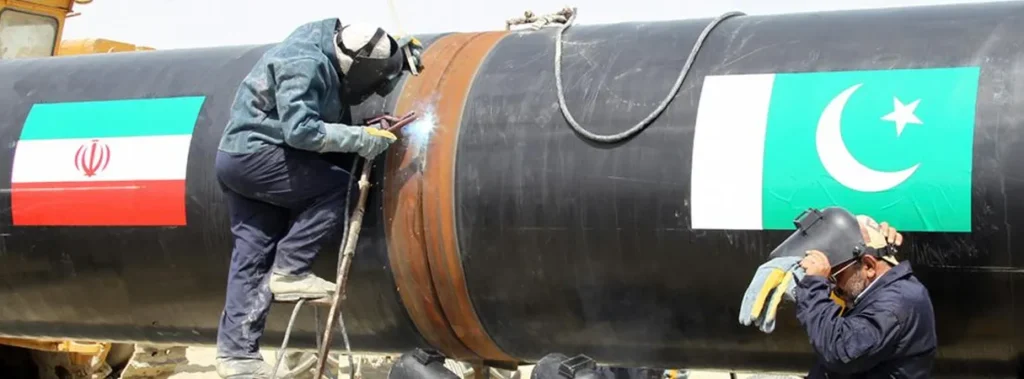
Islamabad: The United States expressed its disapproval of the Pakistan-Iran gas pipeline project. It warned about the risk of sanctions in doing business with Tehran.
The project, often referred to as the Peace Pipeline, has encountered various hurdles and funding issues over the years. This project designed to transport natural gas from Iran to Pakistan and India. It has been a long-term project between Tehran and Islamabad.
After the agreement of a five-year trade plan in August 2023, which aimed for bilateral trade of $5 billion, Pakistan’s Petroleum Minister, Musadik Malik, revealed that his country was seeking a waiver from US sanctions to advance the gas pipeline project.
Responding to inquiries, Mumtaz Zahra Baloch, a spokesperson for Pakistan’s Foreign Ministry, emphasized the government’s sovereignty in choosing to proceed with the project. She also highlighted the importance of pipelines for Pakistan’s energy security during discussions with US authorities.
However, the US State Department, represented by spokesperson Mathew Miller, reiterated its position regarding conducting business with Iran, warning about the possible consequences of sanctions.
Also See: Miri Regev Shares Alternative Trade Route to Bypass Red Sea Issues
Miller emphasized that the US does not support the advancement of the pipeline, echoing sentiments conveyed by Assistant Secretary of State for South and Central Asia, Donald Lu, during a recent hearing before the House Foreign Affairs committee.
Lu highlighted the potential for Pakistan to face US sanctions if it were to import gas from Iran. Recent tensions between the two countries were further heightened by the recent exchange of drone and missile strikes targeting militants’ bases located within their respective territories.
The tense relationship between Washington and Tehran has resulted in several rounds of sanctions imposed on Iranian entities. Meanwhile, Pakistan’s relationship with the US has been intricate, marked by the US’s dependence on Pakistan for troop supplies during its Afghanistan campaign, juxtaposed with accusations of Islamabad adopting a duplicitous stance.
Some Pakistani politicians have accused the US of interference in domestic affairs, contentions that Washington denies. Despite these circumstances, Pakistan continues to navigate its energy requirements while balancing diplomatic sensibilities and international dynamics.
